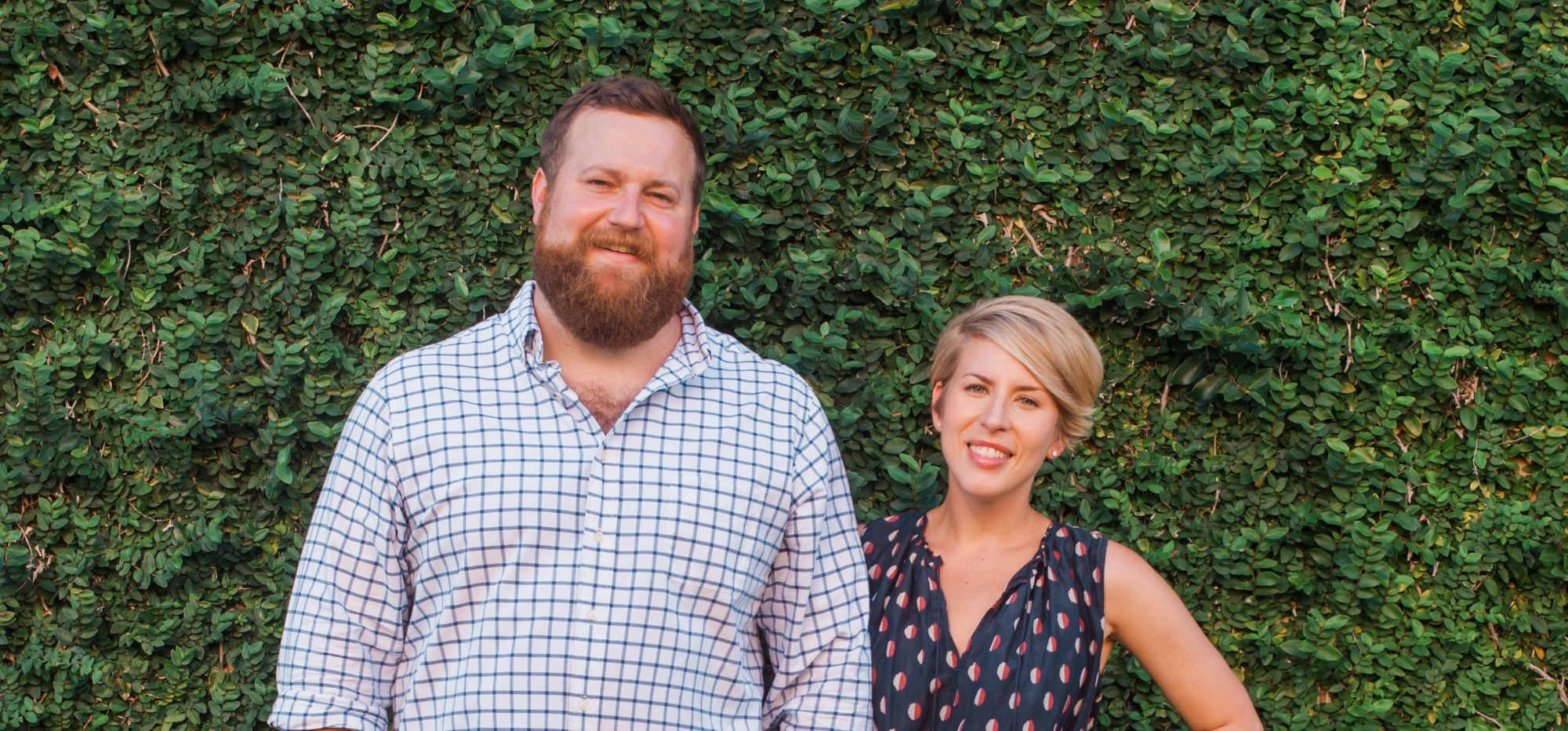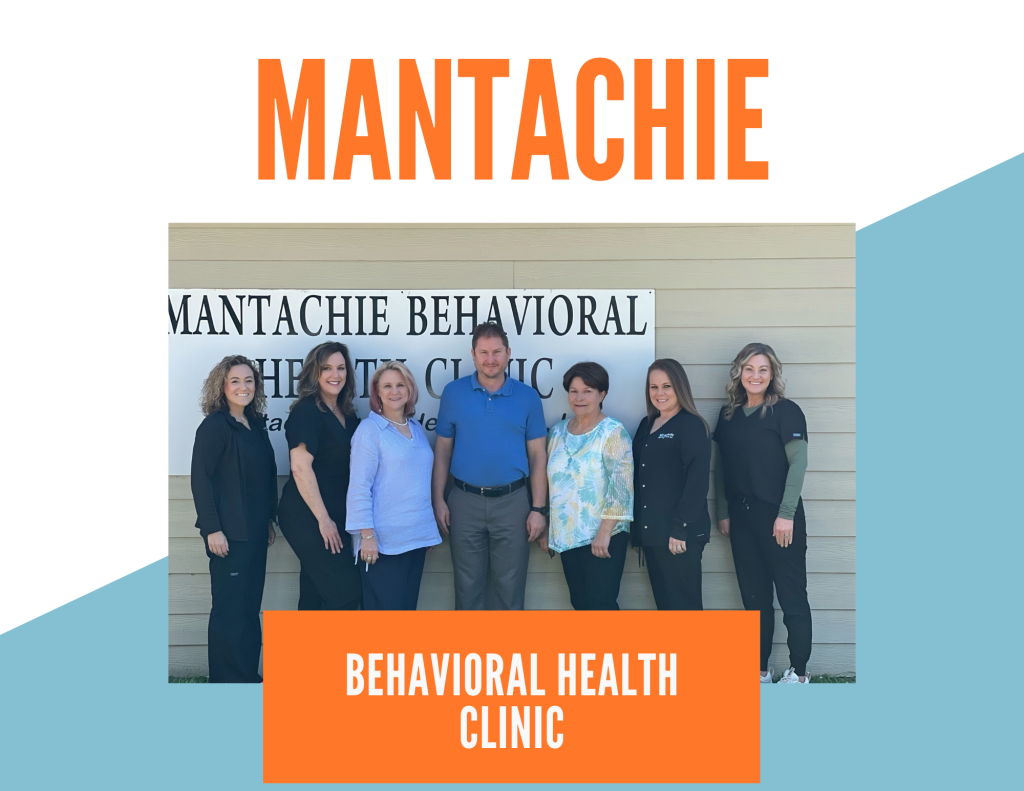 Ben Napier and his wife Erin, both Mississippi natives and graduate of Ole Miss, host the HGTV show Home Town where they restore southern homes in Laurel, Mississippi.
Ben Napier and his wife Erin, both Mississippi natives and graduate of Ole Miss, host the HGTV show Home Town where they restore southern homes in Laurel, Mississippi.
The University of Mississippi Medical Center and The Manning Family Fund asked Napier to help promote their mission to find new ways to treat and prevent disease. The Manning Family fund focuses on four areas:
- Children’s weight and wellness
- High fidelity operating simulation
- Men’s health
- Alzheimer’s and other dementias
“Of all the health missions the MFF focuses on men’s health, mine in particular is something that I wake up thinking about and go to sleep worrying about.” Napier states in a blog on the Laurel Mercantile Website. Napier states the Manning Family Fund seeks to “Help the men in our communities — and those in our lives — live longer, healthier, happier lives.”
What is Men’s Health about?
Men’s health isn’t just about prostate cancer screenings. It emcopasses a wide array of issues includiing heart disease, cancer, injuries, diabetes, stroke, suicide, HIV/AIDs, undiagnosed depression, workplace fatalities, and homicide. According to Dr. David Gremillion from Men’s Health Network, “There is a silent health crisis in America . . . it’s the fact that, on average, American men live sicker and die younger than American women.”
Anyone with a father, brother, grandfather, son, nephew, uncle, or male cousin they care about should be concerned about these numbers. In the 1920’s the life expectancy gender gap was only 1 year. Men typically lived until age 53, and women lived until age 54. By 2014, men were dying almost 5 years sooner than women. The average life expectancy of American women is 81 while the average life expectancy of an american man is about only 76.
Why Men are at High Risk ?
Several reasons contribute to men’s higher risk. A higher percentage of men have no healthcare coverage. Men make half as many physician visits for prevention as women do. Men are employed in the most dangerous occupations, such as mining, fire fighting, construction, and fishing. Society discourages healthy behaviors in men and boys. Research on male-specific diseases is under funded. Men also may have less healthy lifestyles including risk-taking at younger ages.
Minority Men are at Very High Risk
Minority men are particularly at risk. According to the Manning Family Fund, “Minority men have the poorest health outcomes and lowest life expectancies in the United States. Of that group, African American men in the South face the most significant health challenges. African American men suffer disproportionately from high blood pressure, a known risk factor for stroke and heart disease. In fact, according to the CDC, nearly 44 percent of African American men have some form of cardiovascular disease. They are also more likely to develop prostate cancer, asthma, and diabetes than other groups. Yet, many African American men don’t seek care until their conditions are severe.”
Often there are barriers in the way that prevent men from seeking the help they need.
Napier explains, “The Manning Family Fund is working to break down the cultural, economic, psychological, political, and social barriers that keep men from eating better, exercising more, reducing stress, and getting regular checkups.”
What Can You Do?
Find A Primary Care Provider.
You need someone with whom you can openly discuss all aspects of your health. When searching for a primary care provider, find someone you feel comfortable enough to open up about your sexual and mental health if necessary.
See that Primary Care Provider.
Make and keep regular health screenings. Women are 100% more likely to make and keep regular health screenings than men, and it’s suspected that’s part of the reason they live five years longer than the average man.
Move Every Day.
Aim to get 60 minutes of physical activity a day. If you have to break that into four 15 minute chunks, it still counts as 60 minutes. Also, try to vary your exercises to be an age appropriate mix of aerobics, muscle training, and stretching.
Focus on Proper Nutrition.
Aim for 5-7 servings of fruits and vegetables every day. Also, cut back on fatty and processed foods.
Prioritize Sleep.
Get at least 7 hours of sleep every night.
Keep Your Head in Check.
Mental health is really important. Pay attention to signs of depression and bipolar disorder. If you have a family history of mental illness, suicide, and/or substance abuse, you need someone to help you review the signs and symptoms. Feeling suicidal is not a character defect, and it doesn’t mean that you are crazy, weak, or flawed. It only means that you have more pain than you can cope with right now. If you are feeling suicidal reach out to someone! You’re not alone. If nothing else, the National Suicide Prevention Lifeline is available 24/7.
National Suicide Prevention Lifeline
Call 1-800-273-8255
Men’s health often gets put on the back burner or pushed aside as not as important, but remember when you’re sick and when you’re suffering, everyone close to you suffers too. Do them a favor and take care of your body, stay healthy, and have regular cancer screenings. If you’re ready to take that first step and talk to a medical care professional, please contact Mantachie Rural Health Care at (662) 282-4226.






Speak Your Mind